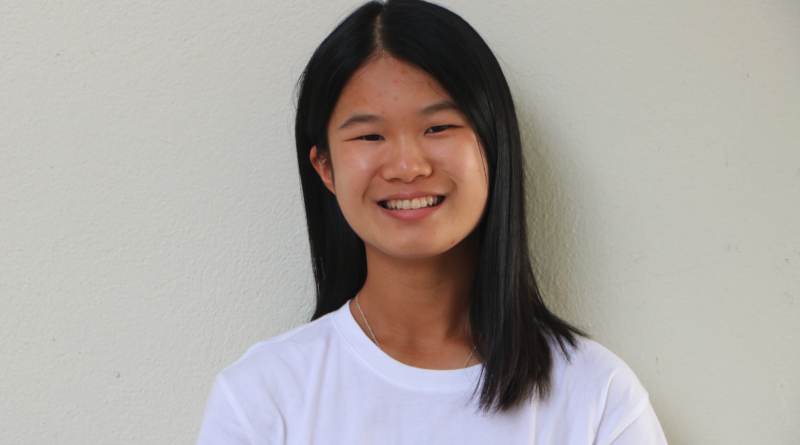Resolved: competitive debate is an unlevel playing field
It was a cheerful scene: a group of chattering highschoolers dressed similarly in dapper suits, making their way across the courtyard. An entourage of chaperones and coaches walked with them. Between the blue-grey sky, shaded tables, and brick buildings, students and adults alike happily ate pizza and shared loud laughter.
This was a snapshot of lunchtime at a debate tournament: my fourth competition of the year, and, coming out of the pandemic, my first in-person one ever. Even as more and more large teams wandered by, my debate partner and I had no coaches to sit with us. We were the outliers, eating alone.
Inequality in terms of broader education in America is acknowledged as a notorious issue—but one may hope and assume that this is not the case for an extracurricular like competitive debate. Unlike sports, debate does not seem to require any expensive equipment or facilities: just a brain and a strong work ethic.
In Public Forum debate, the format that the CVHS debate team competes in, teams must prepare both sides of a given topic; whether they debate pro or con in each round is determined by a coin flip. Every team gets the exact same duration of time to speak. Evidence can be called forward at any point and examined during rounds. Indeed, this quintessential activity of intellect, with its complex rules and procedures, often seems inexplicably linked to equality.
Yet, debate is still unequal. Established, school-sponsored teams have the benefit of more resources and better funding than a small, student-run team. This is especially true for schools that offer competitive debate as part of their curriculums or even a class. These affluent teams can hire coaches and afford to attend costly overnight tournaments across the country. They are able to attract more members than an under-resourced, newly-founded one can, and thus host more productive team practices and send more debaters to tournaments to improve.
These debaters tend to perform better at tournaments, too. With coaches and plenty of varsity upperclassmen to help them prep and research, students from resourced, well-funded teams generally win more rounds.
According to data collected by Triumph Debate, an organization that focuses on increasing accessibility and fairness in debate, private school debate teams advance to outrounds at tournaments at a much higher rate than public school teams. In the 2018-2019 season, roughly 65 percent of private school debaters advanced, compared to under 30 percent for public schools.
For these public school debaters—who often work hundreds of hours more than their private school counterparts to research, prep, and fundraise only to see little to no results—the temptation to quit debate becomes strong. The privileged debaters remain, and the cycle continues.
It is easy to remain blind to this inequity. Yet I have seen with my own eyes the damage that a lack of resources can inflict. I have watched talented CVHS debaters struggle to compete against teams lucky enough to receive far more guidance than we ever will. It is frustrating to experience this again and again, tournament after tournament.
But all of this isn’t to say that underprivileged teams are incapable of succeeding. Against all odds, the CVHS debate team has won rounds and even tournaments against more resourced teams, despite having no coach or school funding. We work extra long hours to compensate for what we lack. Debate is my passion and I love every bit of it, from the days spent intensely researching to the adrenaline rush of a close round. Pushing the CVHS debate program to grow has certainly been an uphill battle, but it is one I never intend to stop fighting.


I just joined the debate team this year! I will try my hardest to win some rounds and tournaments for our school.